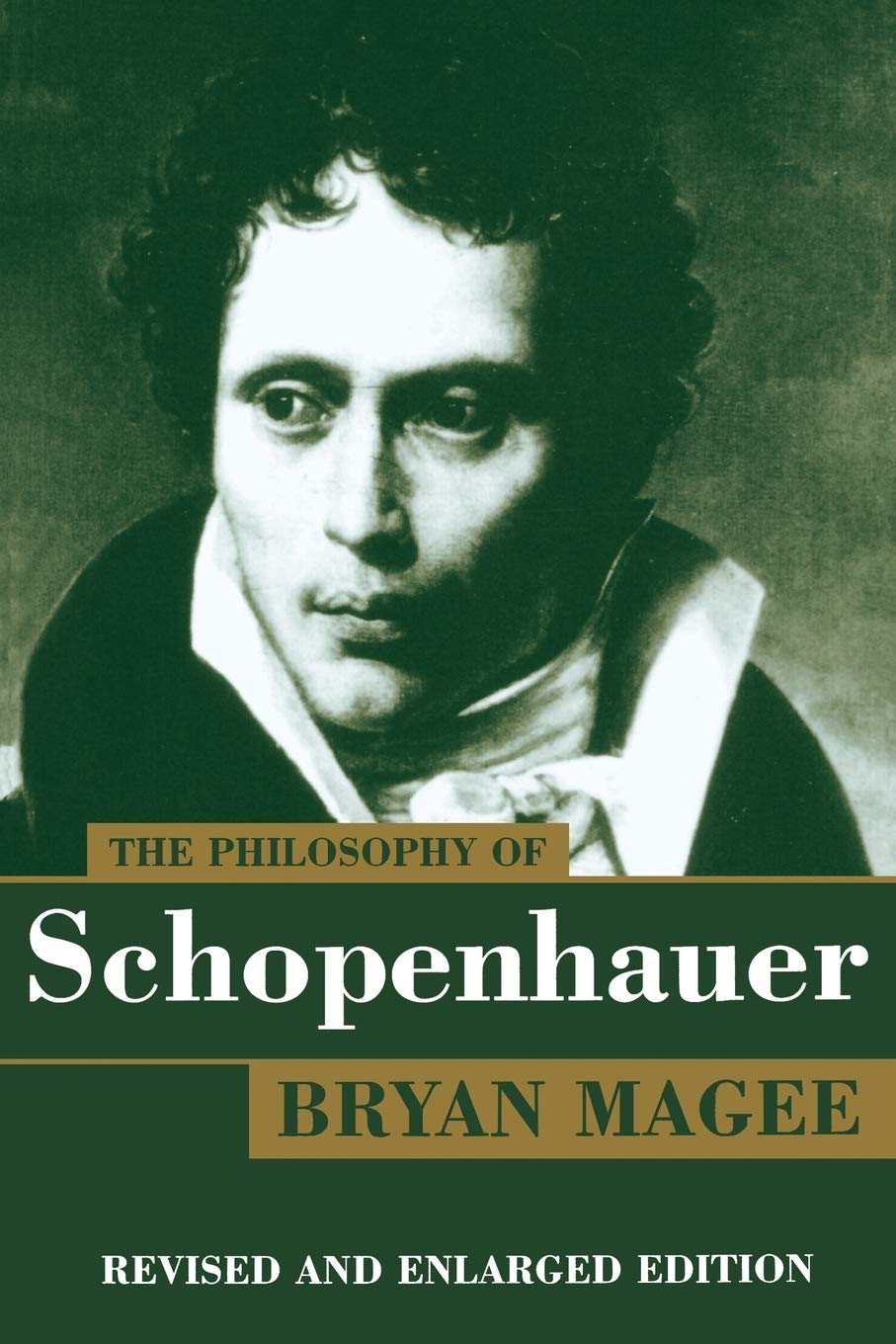Servicios al cliente
Sobre nosotros
Copyright © 2025 Desertcart Holdings Limited


The Philosophy of Schopenhauer
M**N
ONCE OF THE BEST BOOKS ON PHILOSOPHY (AND SCHOPENHAUER)
Not only is this the greatest book on Schopenhauer, but it is one of the best books on philosophy in general, especially for those interested in the seventeenth century on to the present day. By understanding Schopenhauer, and especially his limitations, one is informed about Hume, Locke, Berkeley, Hume, Kant, Hegel, Nietzsche, Heidegger, and other important philosophers. Schopenhauer was, after all, a major Kantian, even though he set himself the task of critiquing Kant, trying to clear up the unclear in his mentor's work. That was a great project and well-needed to be sure. (The works of Karl Reinhold and Hans Vahinger are also recommended as cogent explications of Kant's central ideas.)The essence of this book is that Schopenhauer was, as Magee brilliantly shows, full of contradictions and error himself. Although his writing is scintillating, his ideas don't hold much water, when all is said and done. And this is important, since his ideas impacted Nietzsche and other latter-day philosophers. Schopenhauer was also an atheist and pessimist whose ideas inspired later atheists and pessimists. If his key ideas on the Noumenon and Will turn out to be spurious or contradictory - if his philosophy falls apart at the seem - we need to know how and why. It means that the work of lesser known, far more brilliant men, such as F. W. J. Schelling and others, can be resurrected and contemplated once again in the light of day.I also recommend Magee's biography "Confessions of a Philosopher," and his series of programs (see YouTube) entitled "The Great Philosophers."
S**F
Excellent, well-written book
My undergraduate degree is in philosophy, so over 40 years I have studied a few hundred books on philosophy, religion and science. This is one of the best. As others have mentioned Magee writes extremely well, with clarity and vigor. The reader need not be expert or versed in the technical vocabulary. My highest praise for the book is that any interested reader can grasp the argument. Indeed, in one of the early chapters, for approximately 30 pages, Magee provides possibly the most concise and illuminating summary of western philosophy I have ever seen. I therefore highly recommend this not only for his excellent portrayal of Schopenhauer’s thought but for a clear overview of the history of ideas up to the 19th century in general.
D**.
Quixotic of me to have tried.
Not my wisest choice. Magee is a brilliant writer and I regard his two Wagner books as indispensable. His Story of Philosophy gave me great insight into what philosophers do, but left me with no appetite to learn more. Despite this, I felt it appropriate to read his book on Schopenhauer, simply because of Schopenhauer's great influence on Wagner. This was a bridge too far. It underscored my lack of interest in learning any more about philosophy and what Magee had to say about Schopenhauer's influence on Wagner had been well covered in The Tristan Chord. Four stars, because Magee is such a wonderful writer and is clearly an expert on his subject. As so many women have said when they have rejected me, "It's not you, it's me." I guess that's my feeling about this book.
S**N
Packaging and other thoughts
I just received the book, so I can't comment on the books contents. But I can say unconditionally this is the best packaged book cover ever. And I order many, many books. UPDATE 1: I've already worked through 52 pages. Bryan Magee is one of the best writers in the world. I'm so happy he decided to report on a difficult and complicated subject. I WILL READ THIS BOOK TWICE BEFORE I JOT DOWN MY THOUGHTS ON IT. I lied. Having read through Chapter 5, I realized that Schopenhauer's take on Kant helped resolve why the Copenhagen school of thought V.S. Einstein's belief is correct on why we must accept that light is either particulate or wavelike, but not both at the same time, dependent on what instrumentation is used to measure it. Their conclusion is right, but their reasoning is not. Mara Beller in her brilliant analysis in her book Quantum Dialogue got it half right. Too bad none of the physicists (especially Bohr and Heisenberg) were familiar with either philosopher). If I can sum up what is missing, to use Kierkegaard's dense and compact statement: "The truth is not the thing-in-itself. But the truth is in the relationship the subject has with the object." This is derivative since the 1st derivative is the measuring instrument to the light, and the 2nd derivative is us as subject, to viewing the instrument and light as wave or photon. I will expand on this after my 2nd reading,
R**D
The Definitive Book on Schopenhauer's Philosophy not written by Schopenhauer
Bryan Magee's "Schopenhauer" is the most lucid presentation of this great philosopher's works. I've never taken as long to read one book in my life, nor had any book affect me as has this one. While Schopenhauer deserves the credit for his great ideas and expansion of Kant, Magee deserves similar accolades for his brilliance and clarity. These two men, Schopenhauer and Magee, are a duo of genius.Other works by Magee I heartily recommend before reading his Schopenhauer are, "The Story of Thought" and his philosophical biography "Confessions of a Philosopher" for a working knowledge of the great thoughts from the pre-Socratics to Karl Popper and Wittgenstein.The treasure of insight by Schopenhauer and the masterly command of writing by Magee make this volume the pinnacle of my shelf of philosophical books.My thanks to Mr. Magee for changing my thoughts thereby changing my life.
G**.
Great Book, Great service
Great Book, Great Condition. Delivered ahead of schedule. Thanks
Trustpilot
Hace 3 semanas
Hace 2 meses